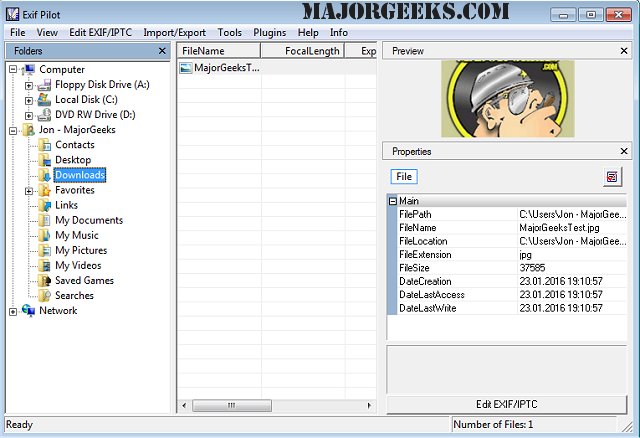


In 1970 an administrative document entitled ‘European System of Integrated Economic Accounts(ESA)’ was published, covering the field governed by this Regulation. The Commission should use aggregates of national and regional accounts for Union administrative purposes and, in particular, budgetary calculations. The information provided should be as precise, complete and timely as possible in order to ensure maximum transparency for all sectors. For the sake of comparability, such accounts should be drawn up on the basis of a single set of principles that are not open to differing interpretations. The Commission should play a part in the monitoring of the economies of the Member States and of the EMU and, in particular, report regularly to the Council on the progress made by Member States in fulfilling their obligations relating to the EMU.Ĭitizens of the Union need economic accounts as a basic tool for analysing the economic situation of a Member State or region. Policymaking in the Union and monitoring of the economies of the Member States and of the economic and monetary union (EMU) require comparable, up-to-date and reliable information on the structure of the economy and the development of the economic situation of each Member State or region. Having regard to the opinion of the European Central Bank ( 1),Īcting in accordance with the ordinary legislative procedure ( 2), Having regard to the proposal from the European Commission,Īfter transmission of the draft legislative act to the national parliaments,

Having regard to the Treaty on the Functioning of the European Union, and in particular Article 338(1) thereof, THE EUROPEAN PARLIAMENT AND THE COUNCIL OF THE EUROPEAN UNION, On the European system of national and regional accounts in the European Union REGULATION (EU) No 549/2013 OF THE EUROPEAN PARLIAMENT AND OF THE COUNCIL


 0 kommentar(er)
0 kommentar(er)
